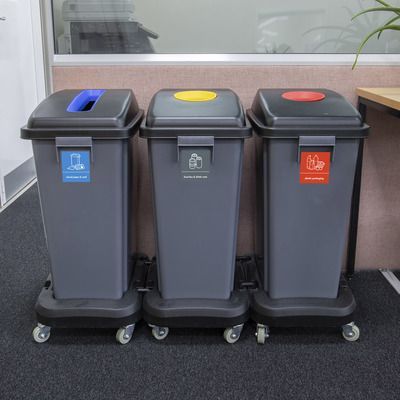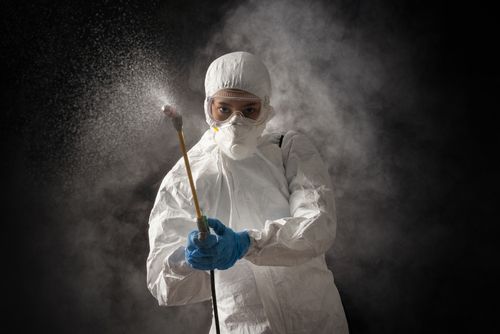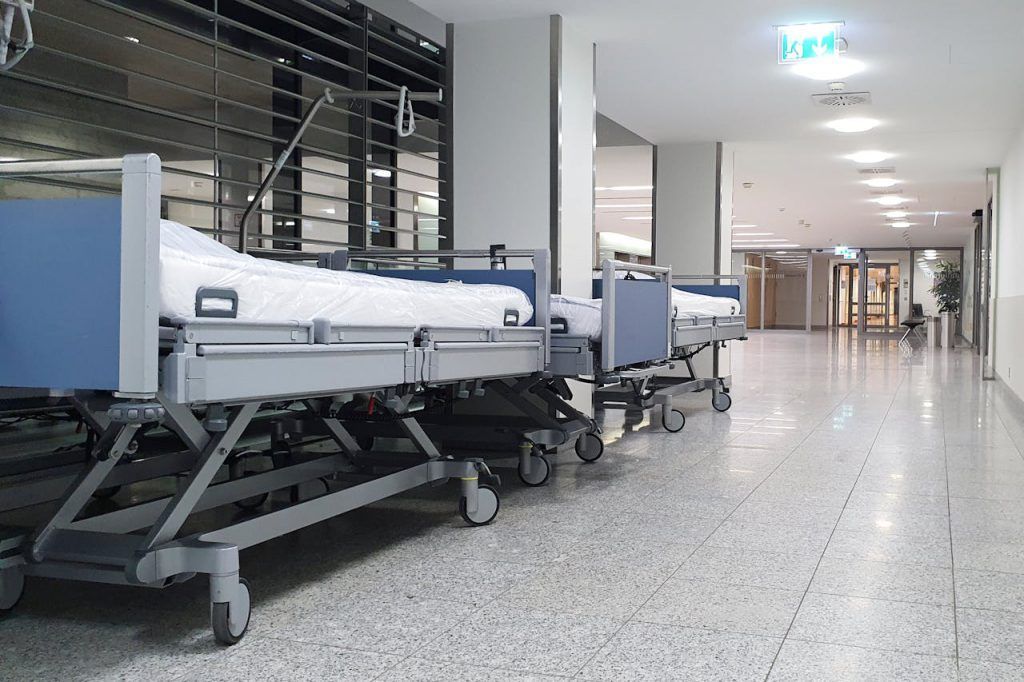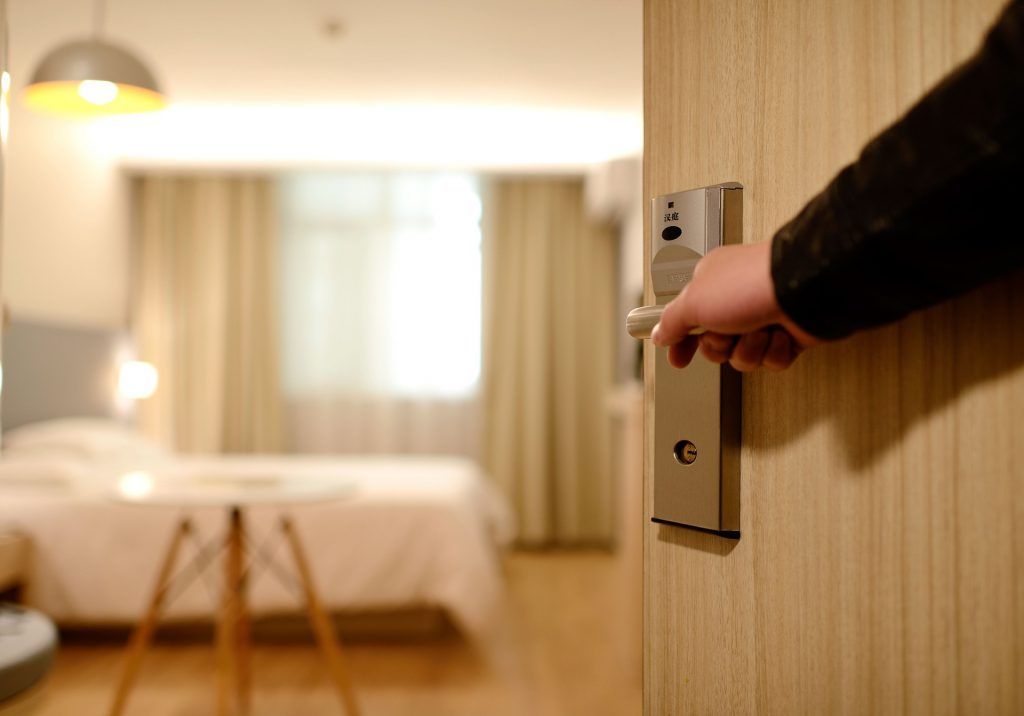The Key to Hotel Hygiene
The post The Key to Hotel Hygiene appeared first on Spectrum.



Get in touch
Spectrum Cleaning Solutions, Londesborough Road Business Park, Scarborough, North Yorkshire
Phone: 01723 373 509
Opening hours
Monday - Thursday: 8:30 -17:00
Friday: 8:30-16:00
Saturday - Sunday: Closed
Cleanliness is something that all of us expect when we stay in a hotel. We instantly make a judgement on the place we are staying in when we walk in, and a lot of this judgement rests on how clean everything is. We look at the windows, front desk, floors and the bar area, but has anyone ever stopped to think how clean the hotel key cards are? The Journal of Environmental Health published an article in 2017 that looked into this exact thought and the results were alarming.
In most hotels around the world, guests who check in to the hotel are given a brand new key card, but there are some hotels where guests are given previously used cards. To get as comprehensive results as possible from the test, the researchers of this study wanted to find out if the card might still be contaminated if it is brand new as well as if they’re previously used. When the tests were carried out on the cards that were already used and being recycled to be used again, there was an assumption that the cards would already be contaminated, but what was unknown was the degree of contamination on the card.
149 hotel key cards were collected from 25 economy and mid-range hotels to carry out the test, which used Adenosine Triphosphate (ATP) monitoring systems to swab the cards to measure contamination levels. On the ATP system, a reading of less than 10 indicates a very clean surface, 11-30 indicates an unclean surface that mat cause disease and 30 and above indicates that the cards are soiled, contaminated and could spread disease.
The results of the tests showed that the reused hotel key cards had an average reading of 175.03 which is extremely high, indicating that the cards were dirty and very likely to be contaminated with a threat of spreading disease. For the new key cards there was an average reading of 35, which suggests that even at brand new, the cards could already be contaminated and carry diseases.
These test results just go to show that diseases really can be laying on just about anything, not just the obvious things we think of like toilets, door handles, counter tops and light switches and it highlights just how important proper hand hygiene is.

The post The Key to Hotel Hygiene appeared first on Spectrum.



Opening Hours
Monday - Thursday: 8:30 -17:00
Friday: 8:30-16:00
Saturday - Sunday: Closed
Get in Touch
Spectrum Cleaning Solutions, Londesborough Road Business Park, Scarborough, North Yorkshire
Phone: 01723 373 509
Spectrum Cleaning Solutions Limited is a registered business in England & Wales under company number 04687668.
Registered company address: Units 9 & 10 Londesborough Road Business Park, Londesborough Road, Scarborough, North Yorkshire, England, YO12 5AF.